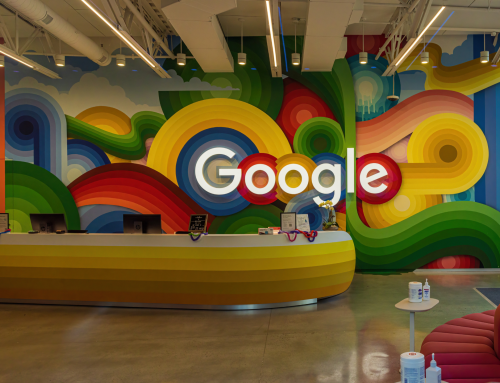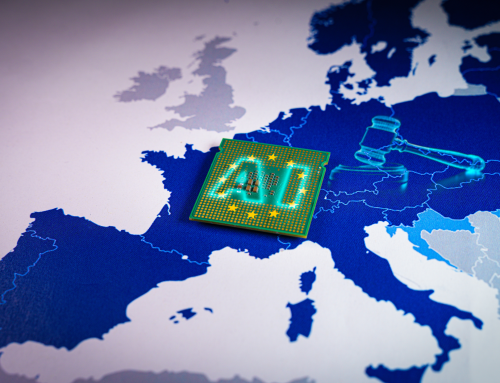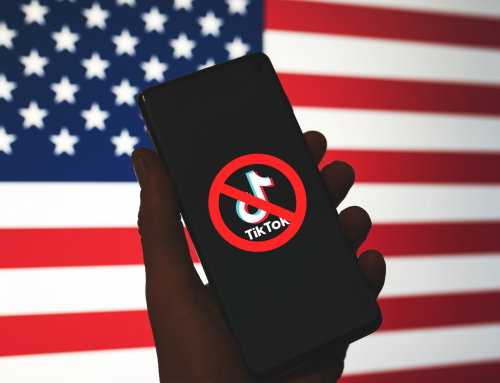A vision of the future shaped by AI
In a recent podcast interview with presenter Trevor Noah, Microsoft founder Bill Gates shared a fascinating vision of the future: A world where people only work three days a week, thanks to advances in artificial intelligence (AI). This statement, which may seem utopian at first glance, is becoming increasingly realistic due to the rapid development of AI technology.
AI: a revolution in the world of work
The idea that AI could fundamentally change the way we work is not new. There has long been discussion about how automation and intelligent systems will affect jobs. However, Gates’ prediction goes beyond this. He suggests that AI could not only replace jobs, but also lead to a broader redistribution of working time.
More free time, less stress
A key point of Gates’ prediction is the possibility that AI will allow work to be done more efficiently, so that less human labor is required. This could lead to a reduction in the working week to three days, allowing people to enjoy more free time and devote themselves to other aspects of life. Quality of life could improve significantly as a result, as stress and work pressure would decrease.
The role of AI in society
Gates’ statements underline the dual nature of AI: on the one hand, it has the potential to significantly improve quality of life; on the other, it poses a threat to traditional jobs. This ambivalence requires careful management and regulation of AI development.
The need for adaptation
To reap the benefits of an AI-driven world of work, education systems, labor markets and social security systems must adapt. People need to be prepared for a world in which AI plays a central role, and ways must be found to support those whose jobs could be replaced by AI.
Conclusion: A glimpse into a possible future
Bill Gates’ vision of an AI-enabled three-day week raises important questions about the future of work and work-life balance. While this vision may still be a long way off, it offers an exciting glimpse of the possibilities that AI holds for society. How we use this technology and integrate it into the way we live and work will be crucial in shaping our future.







